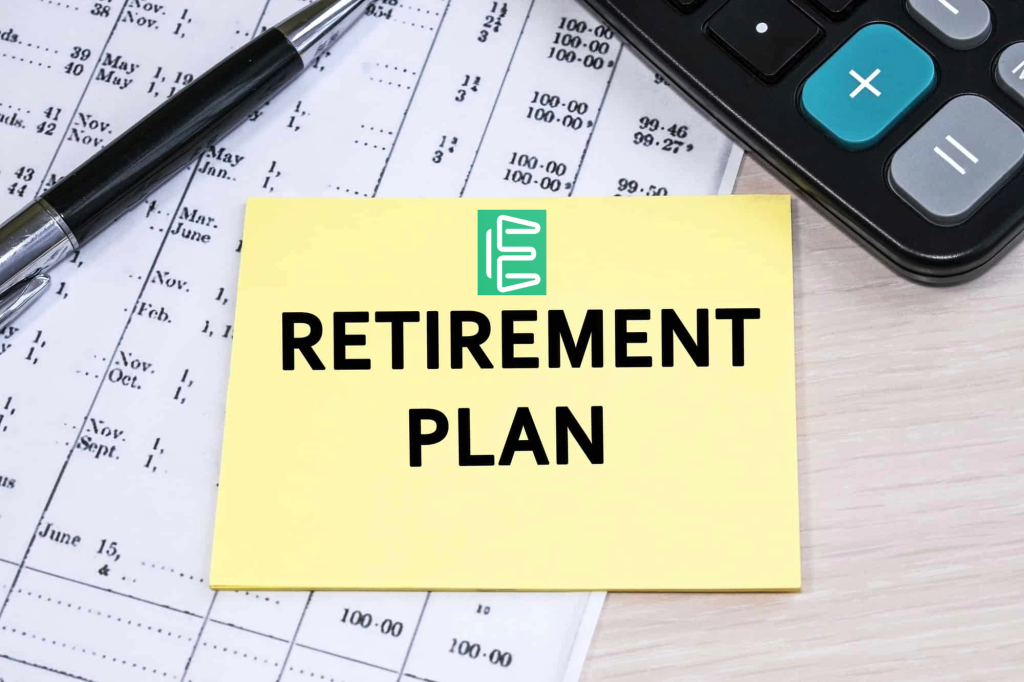
Introduction to Retirement Planning
When you’re about a decade away from hanging up your work boots, it’s natural to start dreaming about what lies ahead. Will you be sipping margaritas on a beach, or will you finally have the time to write that novel? Yet, transitioning into retirement is not just about fulfilling dreams; it’s a significant life change that requires careful planning and consideration.
Understanding the Need for Early Planning

Starting to plan early gives you the advantage of time. It allows you to reassess your goals, understand your financial situation better, and make necessary adjustments while you still have the flexibility to do so.
Envisioning Your Retirement Lifestyle
What does retirement mean to you? Is it about traveling the world, or is it more about spending quality time with your family? Defining your retirement lifestyle is the first step towards planning for it.

Reassessing Your Living Expenses
Projecting Future Expenses
Your daily expenses might change significantly post-retirement. While work-related costs might go down, other expenses, such as health care, might go up. It’s crucial to project and reassess your future expenses regularly.

Managing Health-care Costs
Health-care costs can take a big chunk out of your retirement savings. It’s important to understand these potential expenses and plan for them accordingly.
Considering All Your Income Sources

Social Security Benefits
Social Security will likely be a part of your retirement income. Knowing when to start taking benefits can significantly affect your financial stability in retirement.
Employer Benefits and Personal Savings
Beyond Social Security, you’ll need to consider employer-sponsored plans, IRAs, and other savings accounts. Understanding how much you can expect from each source is key.

Additional Income Streams
Consider other income sources, such as rental income, part-time work, or turning a hobby into a business. These can provide a financial cushion and even enrich your retirement life.
Strategies for Paying Off Debt and Boosting Savings
The Importance of Being Debt-Free
Entering retirement debt-free can significantly reduce your financial stress and increase your flexibility in managing monthly expenses.
Maximizing Your Savings Efforts

The last years before retirement are often your peak earning years. Taking advantage of this by maximizing your savings can make a big difference in your retirement comfort.
Tax Management in Retirement
Withdrawal Strategies and Tax Implications
The order in which you withdraw from your various accounts can have significant tax implications. Planning this carefully can save you money.

Working in Retirement and Its Tax Effects
Earning income in retirement can affect your taxes, including your Social Security benefits. Understanding these implications is crucial.
Planning for Health Care Costs

Estimating Health Care Needs and Costs

Anticipating your health care needs and the associated costs is a critical part of retirement planning, especially as these costs can escalate with age.
